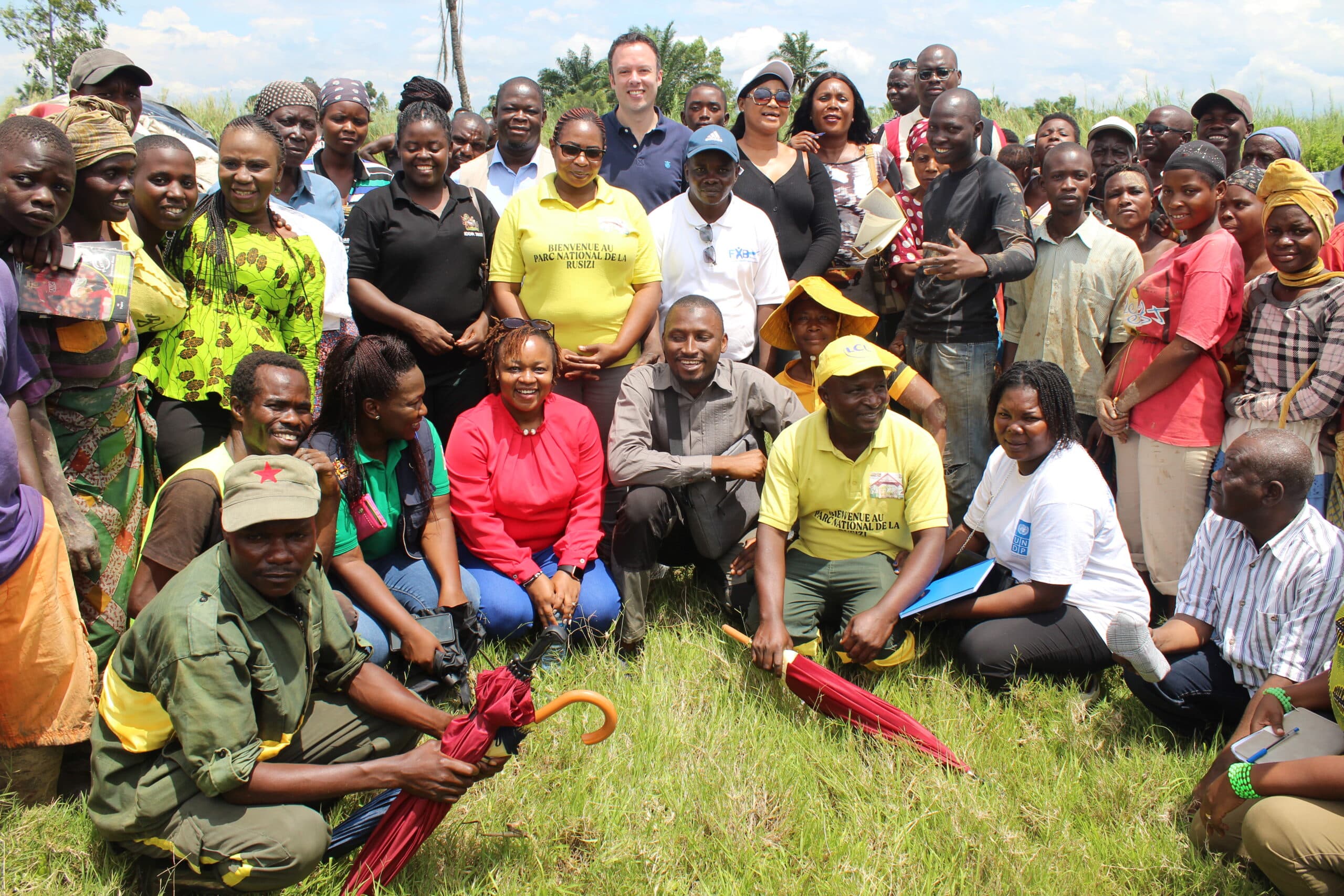
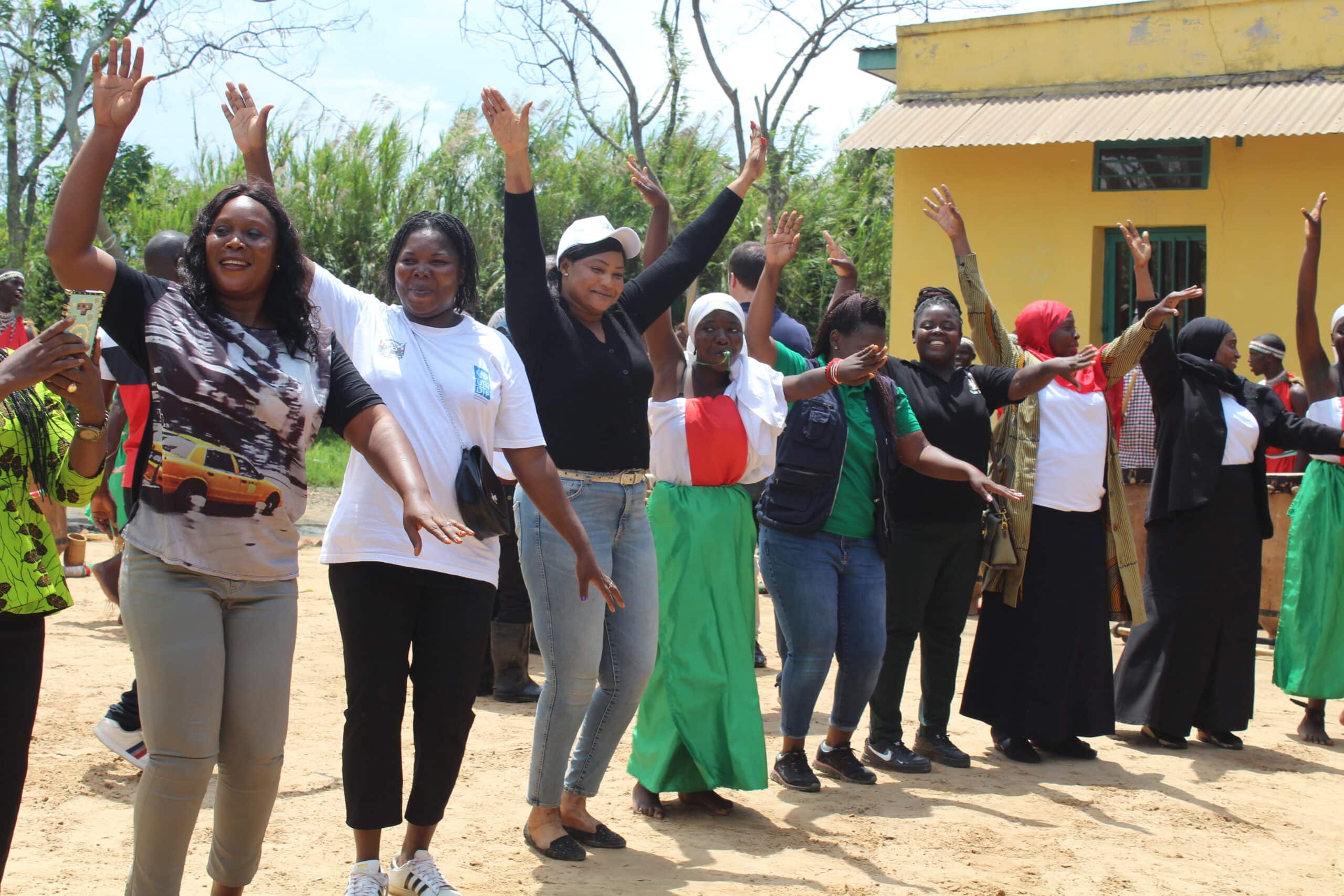
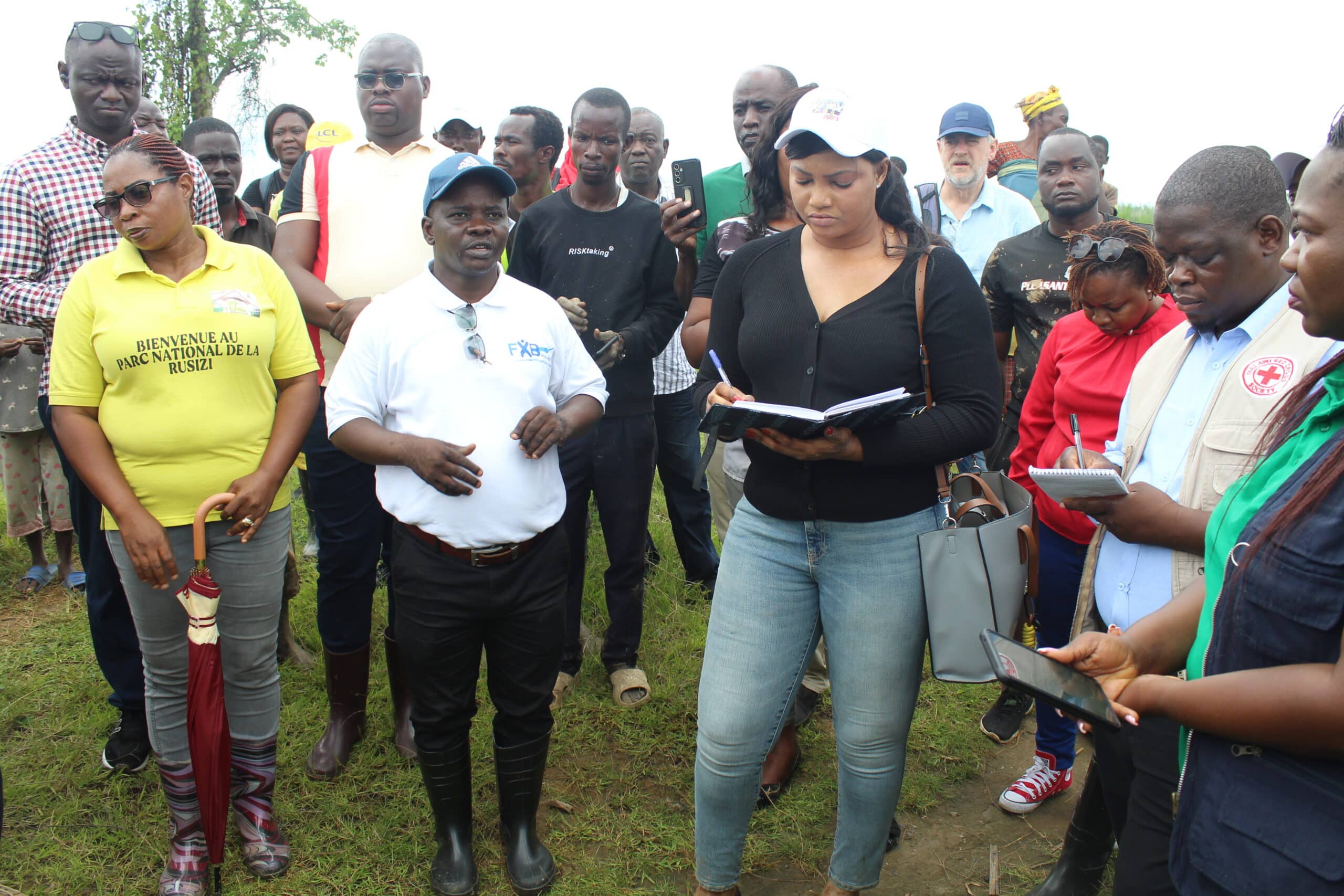
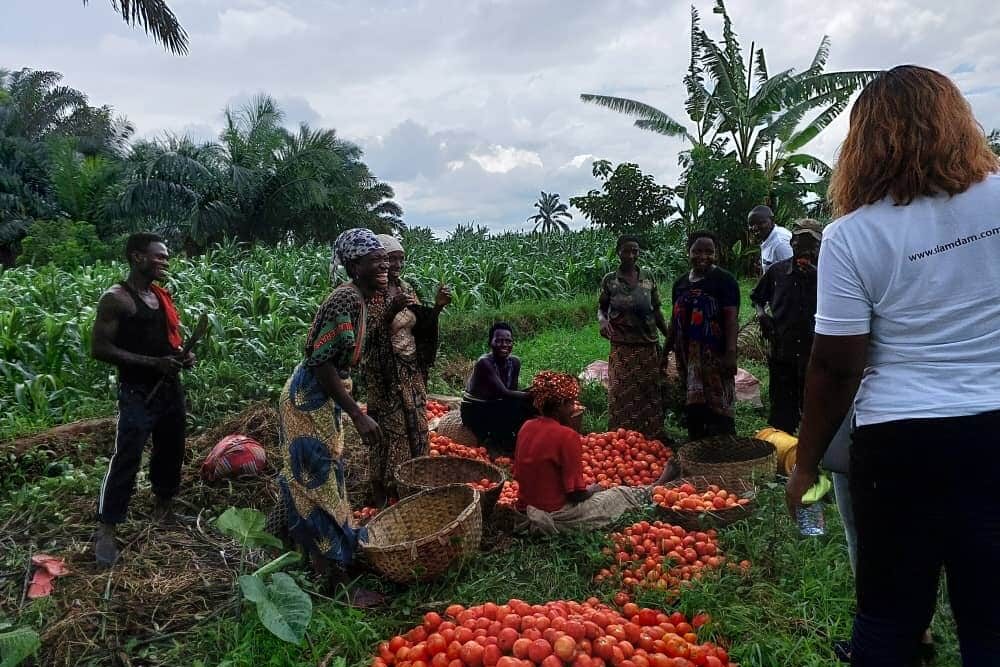
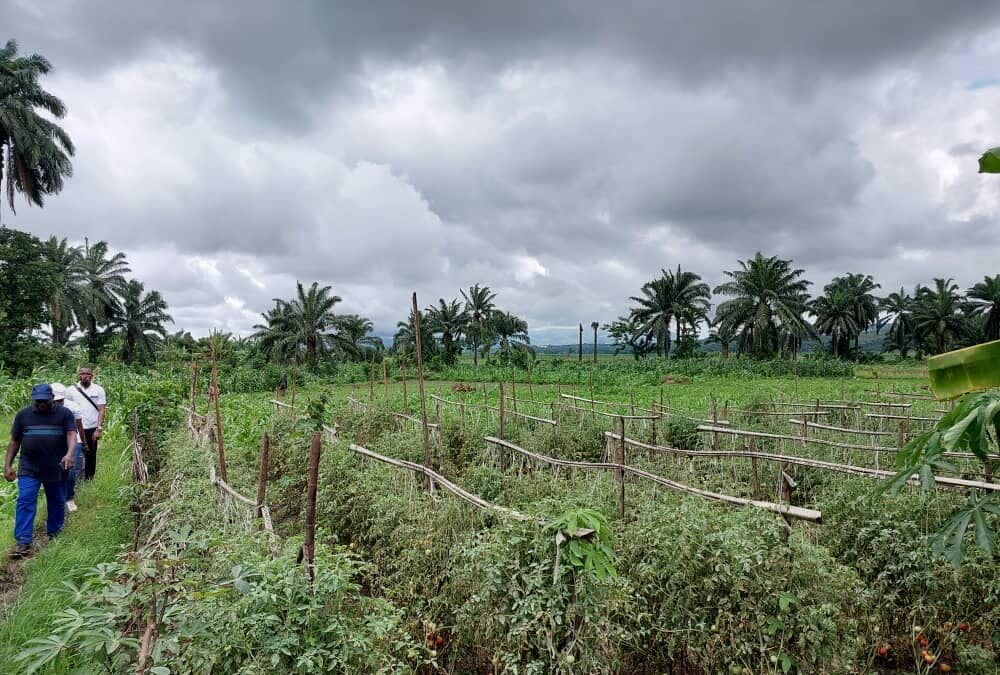
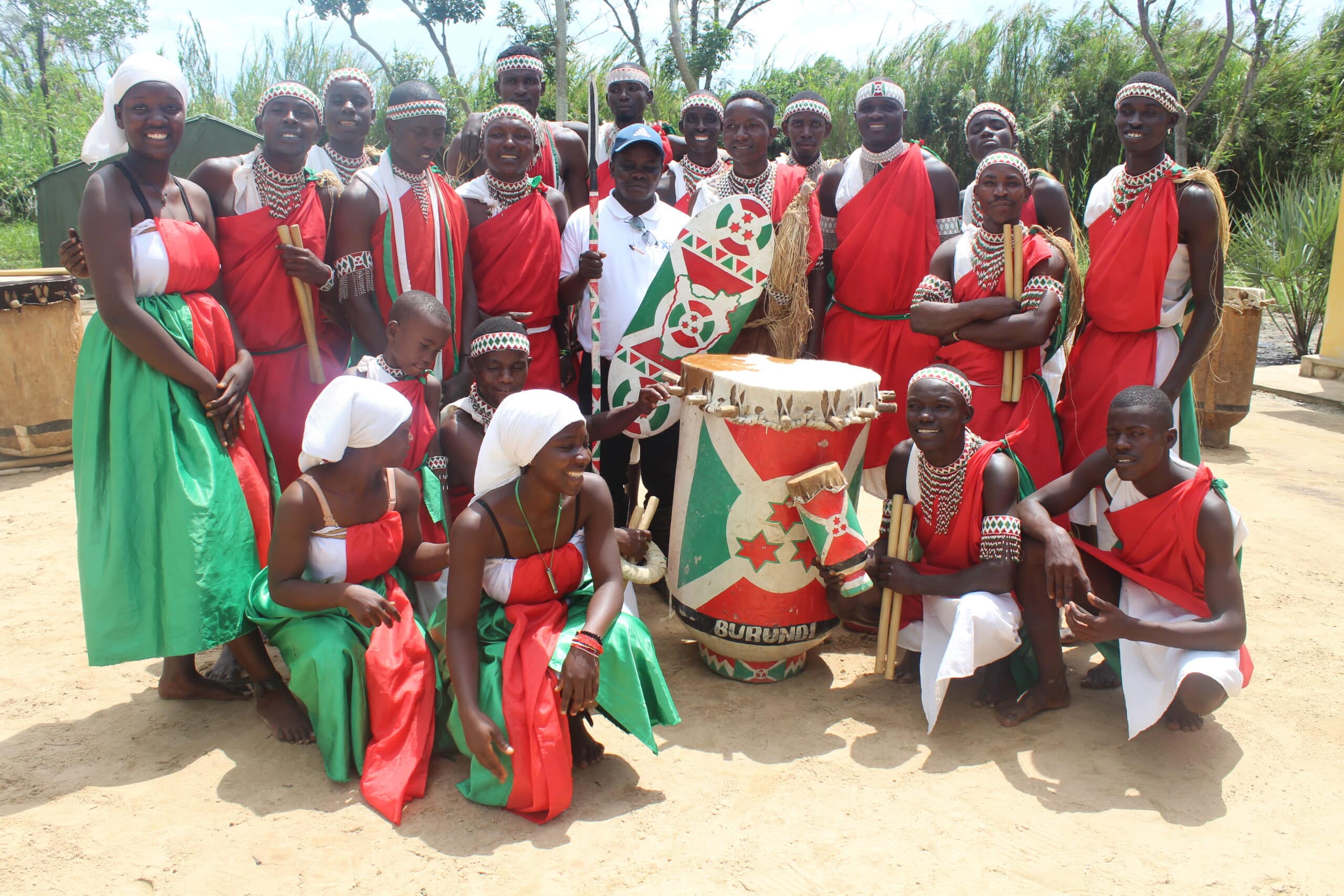
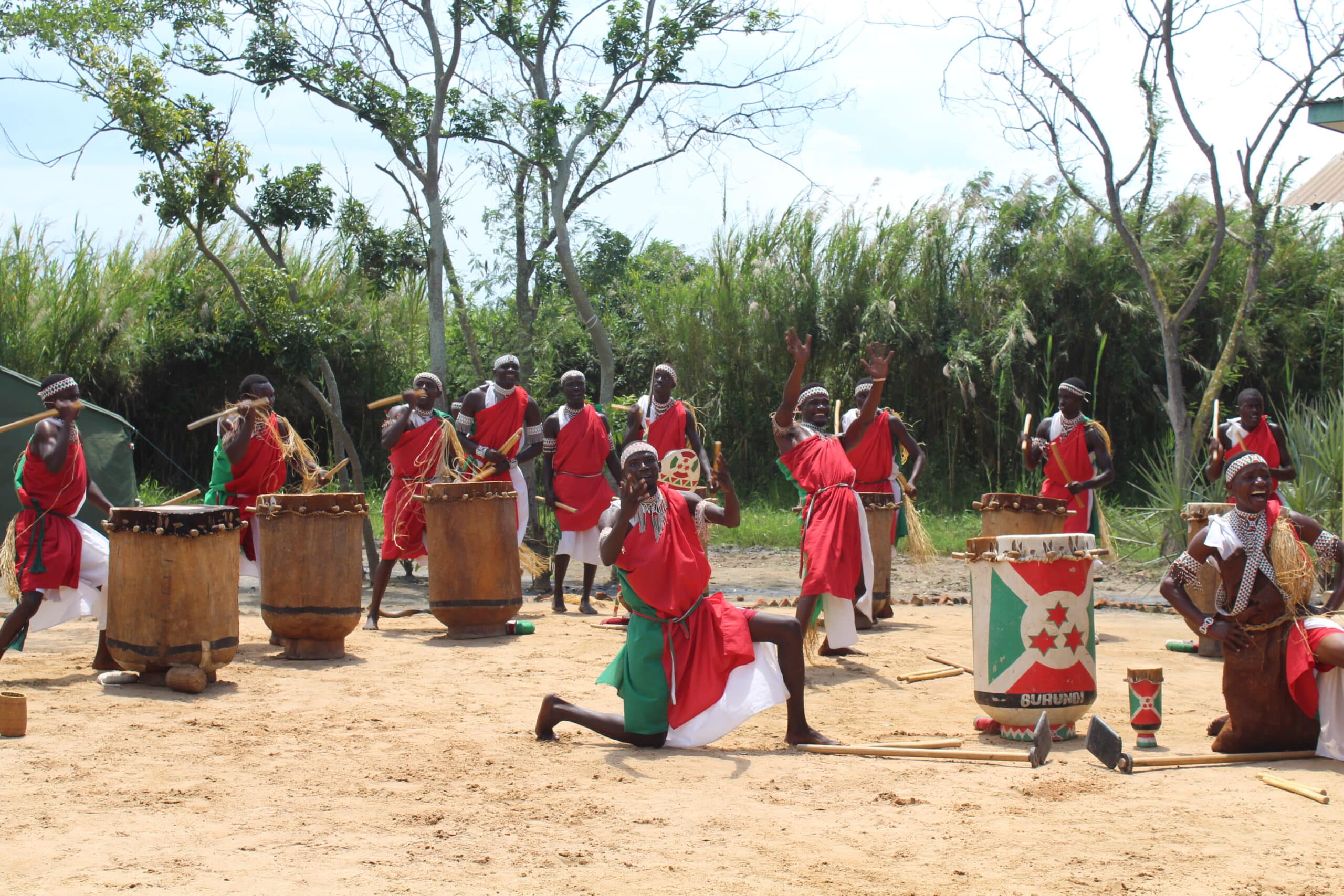
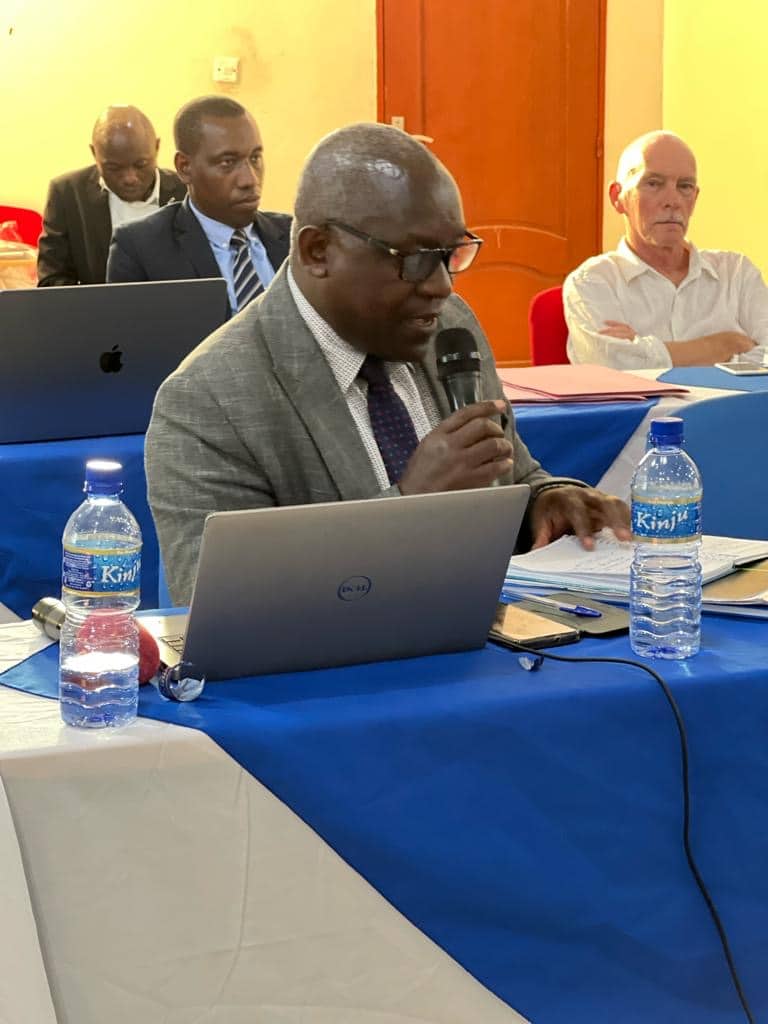
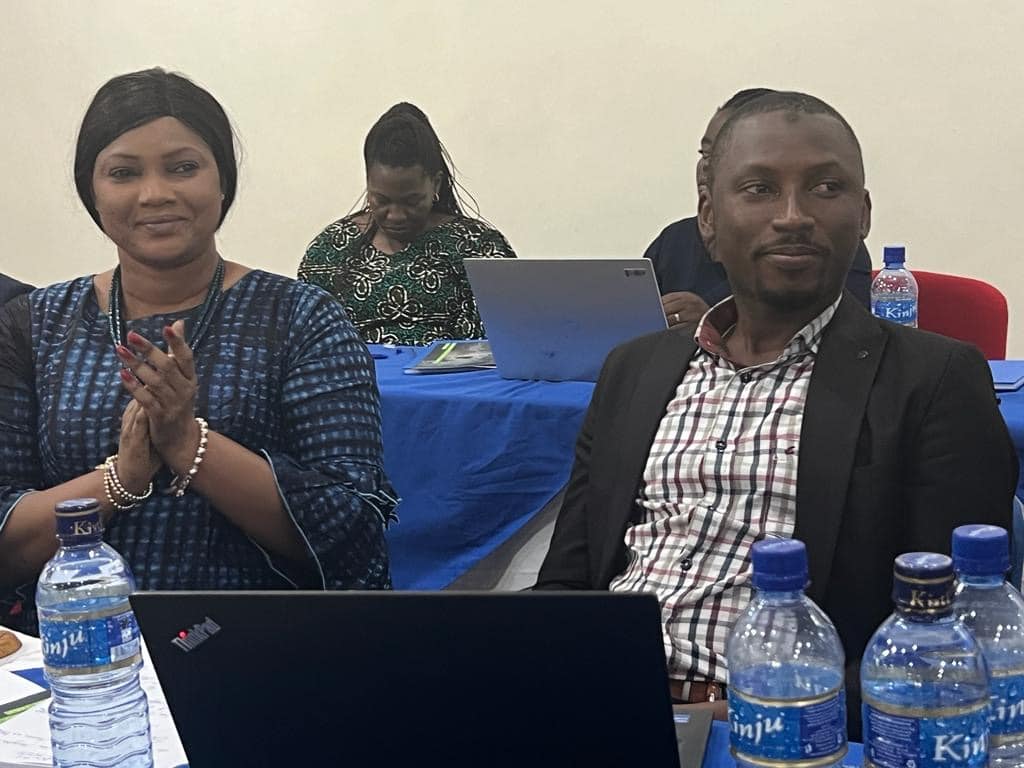
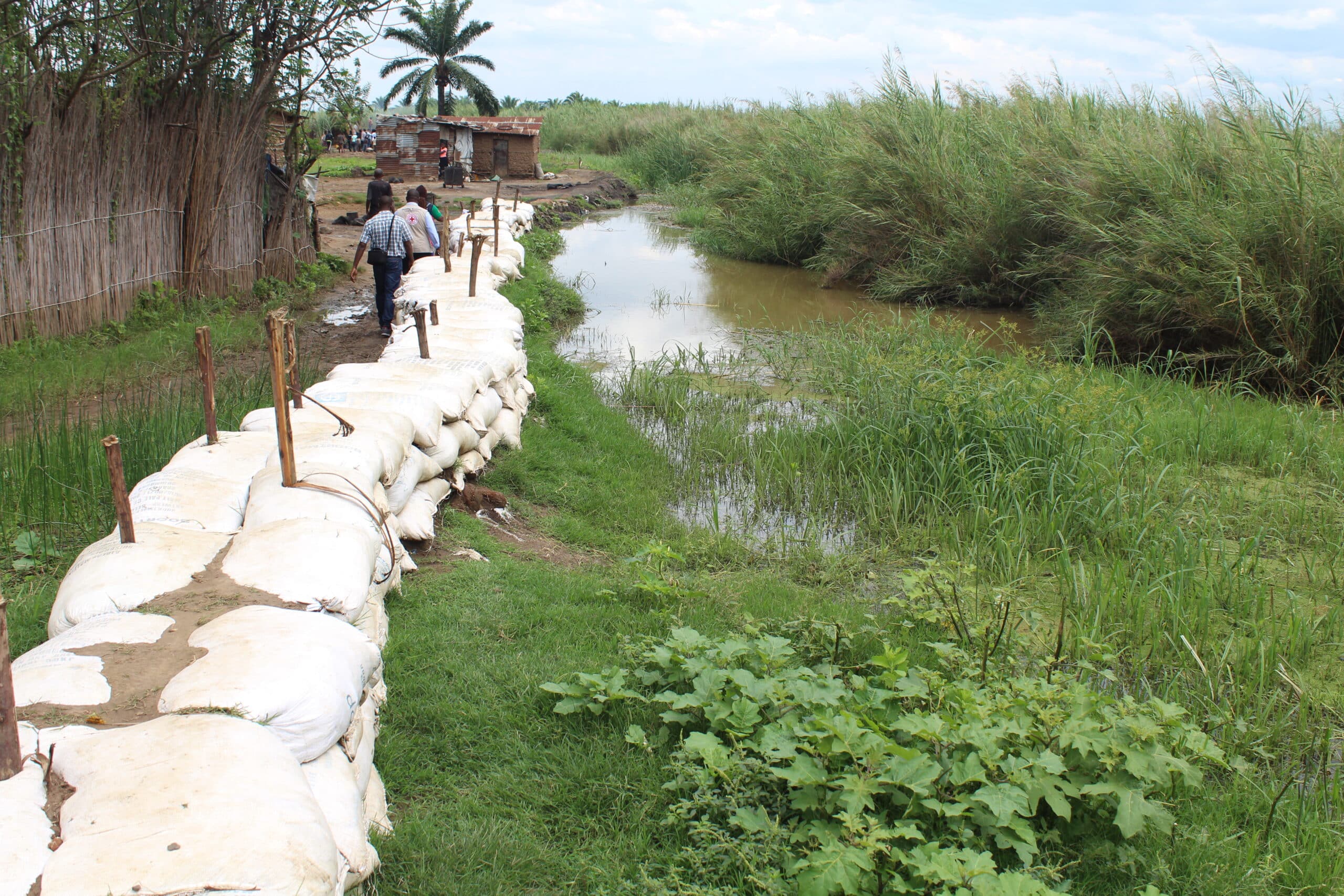
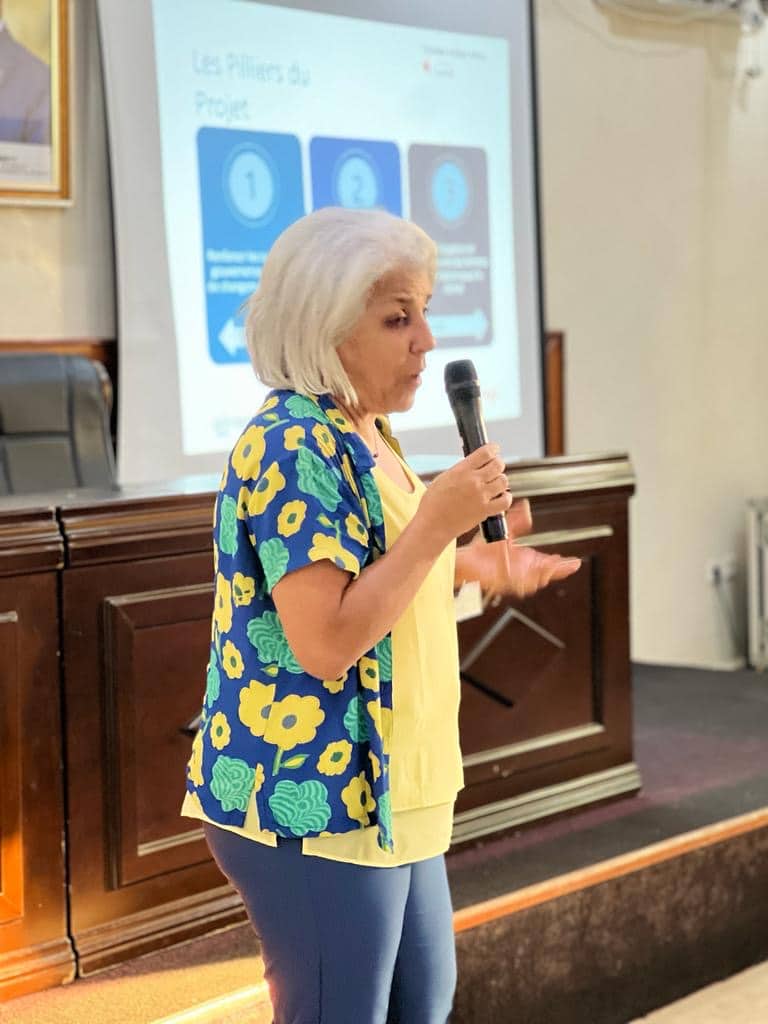
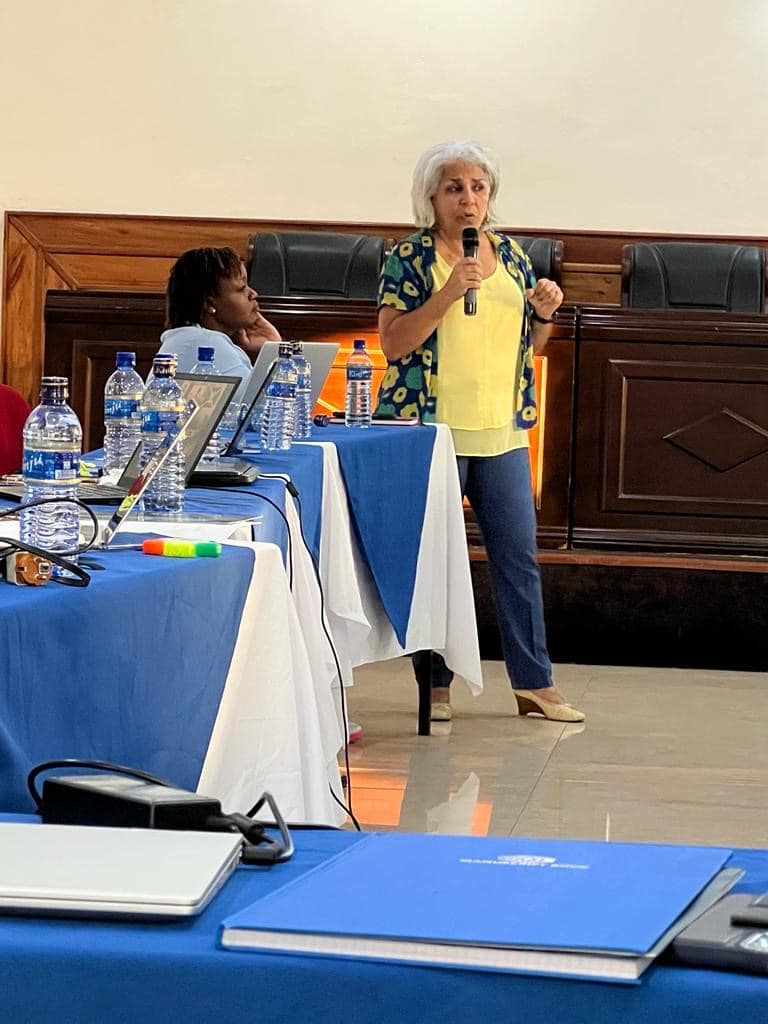
Building Climate Resilience Across Sub-Saharan Africa: Knowledge Exchange on Mobile Flood Barriers in Burundi
By Omar Saleh, Managing Director, WaveSave B.V.
In November 2023, a groundbreaking climate resilience initiative brought together government officials from seven Sub-Saharan African countries in Burundi to explore innovative flood and drought management solutions. This strategic knowledge exchange, organized by Climate Action Africa in partnership with Dutch water management specialist WaveSave, showcased practical applications of mobile flood barrier technology while building regional capacity for climate adaptation.
Addressing Critical Climate Vulnerabilities Across Sub-Saharan Africa
Sub-Saharan Africa faces intensifying climate challenges, with extreme weather events causing disproportionate damage to vulnerable communities and agricultural systems. The region’s traditional water management approaches have proven increasingly insufficient against these escalating threats, creating an urgent need for innovative, flexible solutions.
“The worsening frequency and severity of extreme weather events like flooding and drought are disrupting livelihoods and causing significant economic losses across Sub-Saharan Africa,” noted a participant from Guinea’s Executive Secretariat of the Designated National Authority of the Green Climate Fund, which requested the knowledge exchange program.
During this comprehensive study tour, officials responsible for flood and drought management in their respective countries gained hands-on experience with WaveSave’s flagship product, WaveDam – a mobile flood barrier system specifically designed for rapid deployment in emergency situations.
Comprehensive Knowledge Transfer Through Field Experience
The five-day program combined theoretical learning with practical field visits to create a holistic educational experience:
- Field demonstrations at the Mpanda Commune in Bubanza Province, where participants observed the WaveDam system actively protecting vulnerable areas
- Hands-on training in installation, operation, and maintenance of the mobile flood barriers
- Interactive workshops on integrating early warning systems and hydrodynamic modeling with physical flood protection
- Policy development sessions focused on incorporating these technologies into national climate resilience frameworks
- Collaborative discussions on customizing water management solutions for each country’s unique environmental and social contexts
Participants explored how WaveDam’s modular design and rapid deployment capabilities could be adapted to address their specific national challenges, from protecting agricultural land to safeguarding critical infrastructure and communities.
Empowering Local Communities Through Sustainable Solutions
The knowledge exchange placed special emphasis on community engagement and women’s participation in climate resilience efforts. The program highlighted how proper implementation of mobile flood barriers could deliver multiple benefits:
- Enhanced community safety through effective flood management
- Improved agricultural productivity by protecting farmland from flooding and erosion
- Economic stability through reduced disaster-related losses
- Local capacity building via skills development in flood protection technologies
- Women’s empowerment through inclusive decision-making in climate adaptation
“This initiative aimed to ensure that women, who are often disproportionately affected by climate-related disasters, are included in the decision-making process regarding flood and drought management at the community level,” explained the project coordinator.
Building Long-Term Regional Collaboration
Beyond the immediate knowledge transfer, the program established a foundation for ongoing collaboration between participating countries. Follow-up meetings over a six-month period supported participants in developing actionable policies and projects to implement mobile flood protection in their home countries.
The initiative directly aligned with multiple national priorities across participating countries, including climate change adaptation, disaster risk reduction, sustainable agricultural development, and technological innovation. By bringing together stakeholders from across Sub-Saharan Africa, the program facilitated a regional approach to shared climate challenges.
Supporting Sustainable Development Goals
The implementation of mobile flood barriers like WaveDam contributes to several key Sustainable Development Goals:
- SDG 1 (No Poverty): Protecting livelihoods from climate-induced disasters
- SDG 2 (Zero Hunger): Safeguarding agricultural lands essential for food security
- SDG 6 (Clean Water and Sanitation): Preventing contamination of water sources during floods
- SDG 13 (Climate Action): Implementing concrete adaptation measures to combat climate impacts
This successful knowledge exchange demonstrates how innovative technologies, when paired with comprehensive training and policy support, can transform a region’s approach to climate resilience. For more information about WaveSave’s innovative flood control solutions and their applications across Africa and beyond, visit www.wavesave.com.
About the South-South Exchange in Burundi
Climate Change Africa held a four-day South-South exchange that brought together representatives from five African nations, Canada, and the Netherlands to explore SLAMDAM technology—an innovative, mobile anti-flood and irrigation solution. The visit, held in Bujumbura, Burundi on November 14, 2023, focused on lessons learned from a successful pilot project in Mpanda, Bubanza Province, supported by Climate Action Africa, funded by Global Affairs Canada, and implemented by Alinea International, Econoler, and WSP, with technical input from Zephyr Consulting and CTCN. The event provided a platform for peer learning, regional collaboration, and discussions on scaling climate adaptation solutions in vulnerable regions.
Requesting Organization: Guinea Ministry of Environment /Ministère de l’Environnement et du Développement Durable – Guinea Conakry
Participating countries: Guinea Conakry, Burundi, Somalia, DRC, Madagascar and Chad



